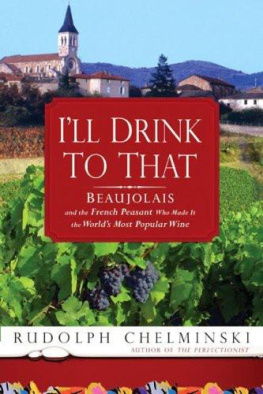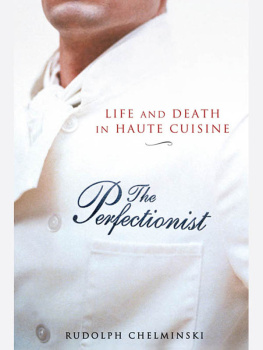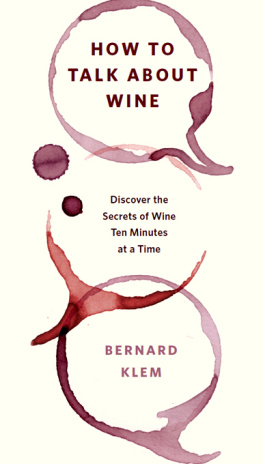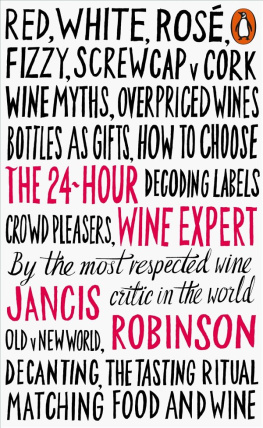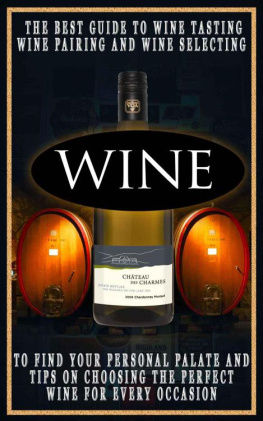Table of Contents

GOTHAM BOOKS
Published by Penguin Group (USA) Inc. 375 Hudson Street, New York, New York 10014, U.S.A. Penguin Group (Canada), 90 Eglinton Avenue East, Suite 700, Toronto, Ontario M4P 2Y3, Canada (a division of Pearson Penguin Canada Inc.); Penguin Books Ltd, 80 Strand, London WC2R 0RL, England; Penguin Ireland, 25 St Stephens Green, Dublin 2, Ireland (a division of Penguin Books Ltd); Penguin Group (Australia), 250 Camberwell Road, Camberwell, Victoria 3124, Australia (a division of Pearson Australia Group Pty Ltd); Penguin Books India Pvt Ltd, 11 Community Centre, Panchsheel Park, New Delhi-110 017, India; Penguin Group (NZ), 67 Apollo Drive, Rosedale, North Shore 0632, New Zealand (a division of Pearson New Zealand Ltd.); Penguin Books (South Africa) (Pty) Ltd, 24 Sturdee Avenue, Rosebank, Johannesburg 2196, South Africa
Penguin Books Ltd, Registered Offices: 80 Strand, London WC2R 0RL, England
Published by Gotham Books, a member of Penguin Group (USA) Inc.
First printing, October 2007
Copyright 2007 by Rudolph Chelminski
All rights reserved
Gotham Books and the skyscraper logo are trademarks of Penguin Group (USA) Inc.
LIBRARY OF CONGRESS CATALOGING-IN-PUBLICATION DATA
Chelminski, Rudolph.
Ill drink to that: Beaujolais and the French peasant who made it the worlds most popular wine /
Rudolph Chelminski.
p. cm.
1. Beaujolais (Wine)FrenchHistory. 2. Duboeuf, Georges. 3. VintnersFrenchBeaujo-
lais. 4. Wine and winemakingFranceBeaujolaisHistory. 5. Beaujolais (France)History.
I. Title.
TP553.C378 2007
614.22230944dc22 2007016024
Without limiting the rights under copyright reserved above, no part of this publication may be reproduced, stored in or introduced into a retrieval system, or transmitted, in any form, or by any means (electronic, mechanical, photocopying, recording, or otherwise), without the prior written permission of both the copyright owner and the above publisher of this book.
The scanning, uploading, and distribution of this book via the Internet or via any other means without the permission of the publisher is illegal and punishable by law. Please purchase only authorized electronic editions, and do not participate in or encourage electronic piracy of copyrighted materials. Your support of the authors rights is appreciated.
While the author has made every effort to provide accurate telephone numbers and Internet addresses at the time of publication, neither the publisher nor the author assumes any responsibility for errors, or for changes that occur after publication. Further, the publisher does not have any control over and does not assume any responsibility for author or third-party Web sites or their content.
http://us.penguingroup.com
eISBN : 978-1-4406-1974-8
Foreword
When I began researching this book, I was struck by the remarkably consistentI would even say uniformreaction by friends and acquaintances upon hearing that its subject was to be the Beaujolais: first the smile, then the complicit burst of laughter and one of those you-lucky-guy remarks to signify that my undertaking was certain to be fun, but somehow not quite serious. A whole world of predigested assumptions underlay this reaction. With the subject of wine enjoying an unprecedented prominence and prestige (attended by its inevitable dance steps of protocol and snobbery), the general conclusion was that I had chosen to write a book about a Ford instead of a Ferrari. Everyone knows Beaujolais, or thinks he does, and everyone has an opinion, one that can usually be expressed within a few seconds. This opinion-giving is often wildly erroneous, but it is unfailing. After all, who has not tossed down a glass of Beaujolais at one time or another in his life, and who has not read an article about this or that aspect of its singular career? The saga of Beaujolais Nouveau alone erupts in such a yearly blaze of publicity that it can scarcely be avoided. For universal name recognition, the only wine that can rival Beaujolais is Champagne.
The name Champagne doesnt elicit smiles and laughter, though, and neither do Bordeaux or Bourgognethats serious stuff. For that matter, just about any wine you can think of, whether it be from Alsace, Languedoc, Midi-Pyrnes, California, Australia, Chile or anywhere else, will be assessed with similar poker-faced gravity. Only Beaujolais gets the smile and projects this aura of easy familiarity.
But familiarity breeds contempt, as we all know, and Beaujolais has suffered more than its share of obloquy. This, of course, is the ransom of its success, but it is really quite extraordinary that a success and a notoriety of this degree should have come to a wine that represents only slightly more than 2 percent of Frances total production and .05 percent worldwide. How it reached this point of celebrity is a story of a few turns of historys wheel, of a certain amount of luck and a certain amount of marketing skill, but mostly of a long background of unremitting drudgery: centuries of hard work poorly rewarded. It is also to a great extent the story of one man, a young peasant winegrower named Georges Duboeuf who at age eighteen revolted against an unfair, illogical distribution system run for the benefit of a dealers cartel, and did it so well and so thoroughly that he rose to become the biggest dealer of allbut one of an entirely new style.
Beaujolais, then, is a double success story, the wine and the man, but does that make either worthy of being treated in full book length? After all, there are thousands of capitalists wealthier and more influential than Georges Duboeuf, and any number of Ferrari wines of greater prestige than Beaujolais. Naturally I answer an emphatic yes to the above question, because beyond the predictable angle of the underdog winning against the odds, the history of the Beaujolais reflects and explains a good deal about the French themselves, this quick, talented, nervous, occasionally maddening but altogether admirable people (Im quoting myself here), among whom I have lived for more than forty years now. As for Georges Duboeuf, capitalism would have an infinitely better reputation today if all the worlds Enrons, Tycos and WorldComs had been run by the likes of this model entrepreneur.
More than any other factor, the sudden worldwide prominence that came to the wines of the Beaujolais is owed to Duboeuf. Hes a very interestingcase, one of those rare persons inhabited by a mysterious kind of driving force that sets certain individuals apart from the rest, causing them to achieve what others dont even think about venturing. We all come across a few of them in the course of a lifetime, and can never quite define what that force is or why it should be there, but it is always clear that it is there: he or she is simply different. Georges Duboeufs rise from modest station to wealth, repute and influence is like the plot of a Thomas Hardy novel, and it is no accident that this rise coincided exactly with the progress of the fortunes of the Beaujolais country and its wines.
For the sake of form, let me establish something right away, lest I be accused of partiality: I count Georges Duboeuf as a friend. I am partial. I am partial to Georges because of his admirable personal qualitiesintegrity, sincerity, constancyand for having served as my initiator and guide to the Beaujolais. He generously shared with me his unparalleled knowledge of and love for the country, its people and, of course, its wines, allowing me to partake at least modestly of that knowledge. In his company I explored the back hills, the villages and hamlets and vineyards, and through him I had the luck to become acquainted with the extraordinary, colorful and always engaging human fauna that peoples this beautiful little slice of the French countryside.
Next page
